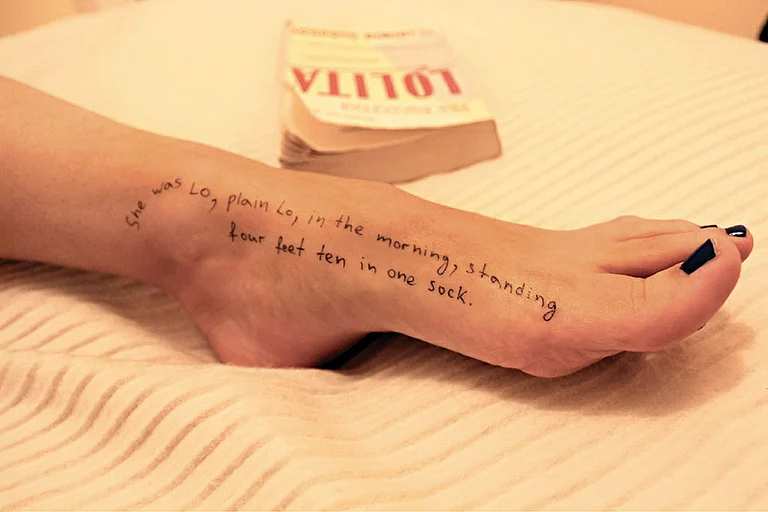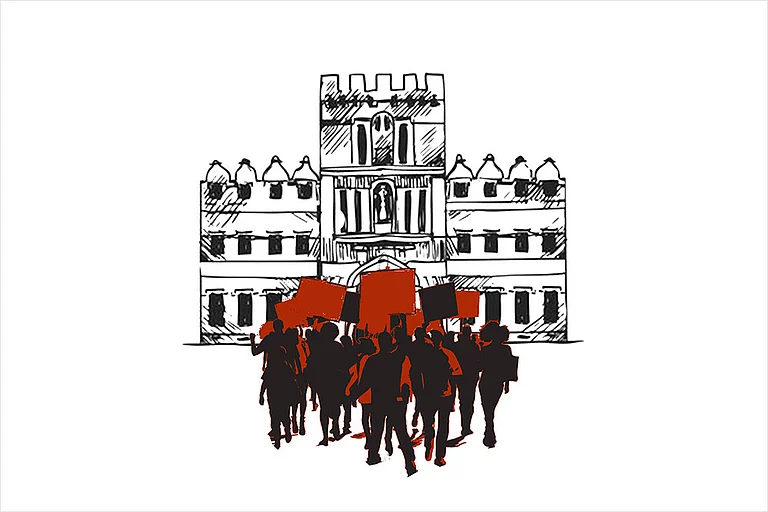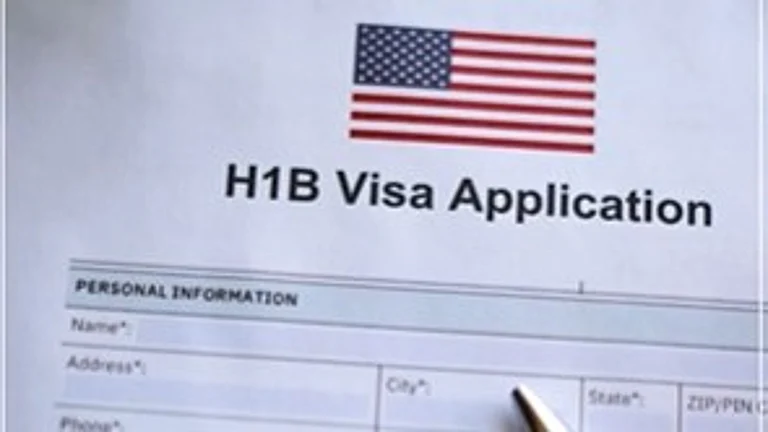
Bolivians went to the polls in an election that could end nearly two decades of MAS dominance.
With President Arce out and Morales barred, the left is fragmented as calls for null votes grow.
Rightwing contenders Jorge Quiroga and Samuel Doria Medina lead as the country faces its worst economic crisis in 40 years.
Bolivians cast their ballots on Sunday in a general election that could bring an end to nearly 20 years of dominance by the leftist Movimiento al Socialismo (Mas) and open the way for a shift to the right, amid what analysts describe as the country’s worst economic crisis in four decades.
Mas, which first came to power under Evo Morales in 2005, faces the risk of losing its legal status altogether if it fails to secure at least 3% of the vote – a threshold it has not reached in recent opinion polls, The Guardian reported.
Two opposition figures are vying for the presidency in a close race: the centre-right businessman and former planning minister Samuel Doria Medina, and Jorge “Tuto” Quiroga, a rightwing former president. Both are running ahead of government-backed candidates.
President Luis Arce, 61, whose popularity has plummeted as shortages of fuel, dollars and basic goods fuel public anger, chose not to seek re-election. Arce, who served for 14 years as Morales’s finance minister before gradually taking control of Mas, instead nominated his 36-year-old minister of government, Eduardo del Castillo. Del Castillo has been polling at around 2%.
Morales, 65, is currently the subject of an arrest warrant over allegations that he fathered a child with a 15-year-old. Barred from running again by Bolivia’s constitutional and electoral courts, he has retreated to the coca-growing region of Cochabamba since October. From there, he has urged his supporters to cast null votes, claiming that if these outnumber those of the leading candidate, it would demonstrate his victory.
According to The Guardian, political analyst Carlos Toranzo noted that null votes stood at about 10% before Morales’s call and rose only slightly afterwards. “Even if it rises, I doubt it will go much higher – and null votes have many causes, not just him,” he said.
A Fractured Left
The decline of Mas has fractured the left. The highest-polling left-wing candidate is 36-year-old senator Andrónico Rodríguez, who placed between third and fifth in surveys. Once regarded as Morales’s natural successor, Rodríguez broke away to run with the coalition Alianza Popular, prompting Morales loyalists to brand him a traitor.
Rodríguez, who draws support from Indigenous communities and the coca growers’ union, was endorsed by Enrique Mamani of the Aymara organisation Ponchos Rojos. Mamani said Morales was the “real traitor” and accused him of undermining hard-won democratic rights.
The Guardian reported that when Rodríguez went to vote in Entre Ríos, a Morales stronghold, he was booed by some locals, pelted with stones and bottles, and forced to leave after clashes broke out between his supporters and opponents. Electoral authorities nevertheless described the overall atmosphere as one of “considerable calm”.
Voters Face Economic Hardship
About 7.9 million people were eligible to vote. Preliminary results were expected by 9 pm local time, with the economy looming large over the contest. Analysts consider the current downturn the worst since hyperinflation in 1985. Inflation, fuel shortages and queues at banks have shaped the public mood.
“It’s a very difficult moment but I hope that after this vote things can improve,” said Silvia Marca, 42, a street vendor in La Paz, who told reporters she hoped the right would take power.
If no candidate wins more than 50 per cent of the vote, or at least 40 per cent with a 10-point margin over the runner-up, a second-round run-off will be held on 19 October.
Toranzo argued that one outcome is already certain: Mas will be leaving office. But, he warned, “it will be difficult for them to hand it over, because they have held it for 20 years with near-absolute control of parliament, the judiciary and the electoral authority.”
According to The Guardian, Arce has said that he would respect the outcome if the right won. He acknowledged his government’s unpopularity but placed much of the blame for economic mismanagement on Morales and his allies in parliament, whom he accused of “sabotaging and boycotting all our laws”.
“As Fidel Castro wrote in his book, history will absolve us, because in the long run the people will understand everything we had to endure,” Arce said. “I’m sure the population will miss us afterwards.”
On Sunday morning in La Paz, the president was greeted by chants of “Lucho” from a small group of supporters as he cast his ballot. A voter who criticised him was harassed by the group. “I only said to him: ‘What happened to the country, president?’ and those people started to attack me. I bet they are government employees,” she said. “I know I’m not the only one in this country who is fed up with this government. We’re all frustrated that our money doesn’t stretch.”
In Santa Cruz de la Sierra, the commercial hub, Del Castillo also faced jeers. According to local reports, he skipped the voting queue and was told by a woman: “Get to the back. Line up like we do at the petrol stations.”






























